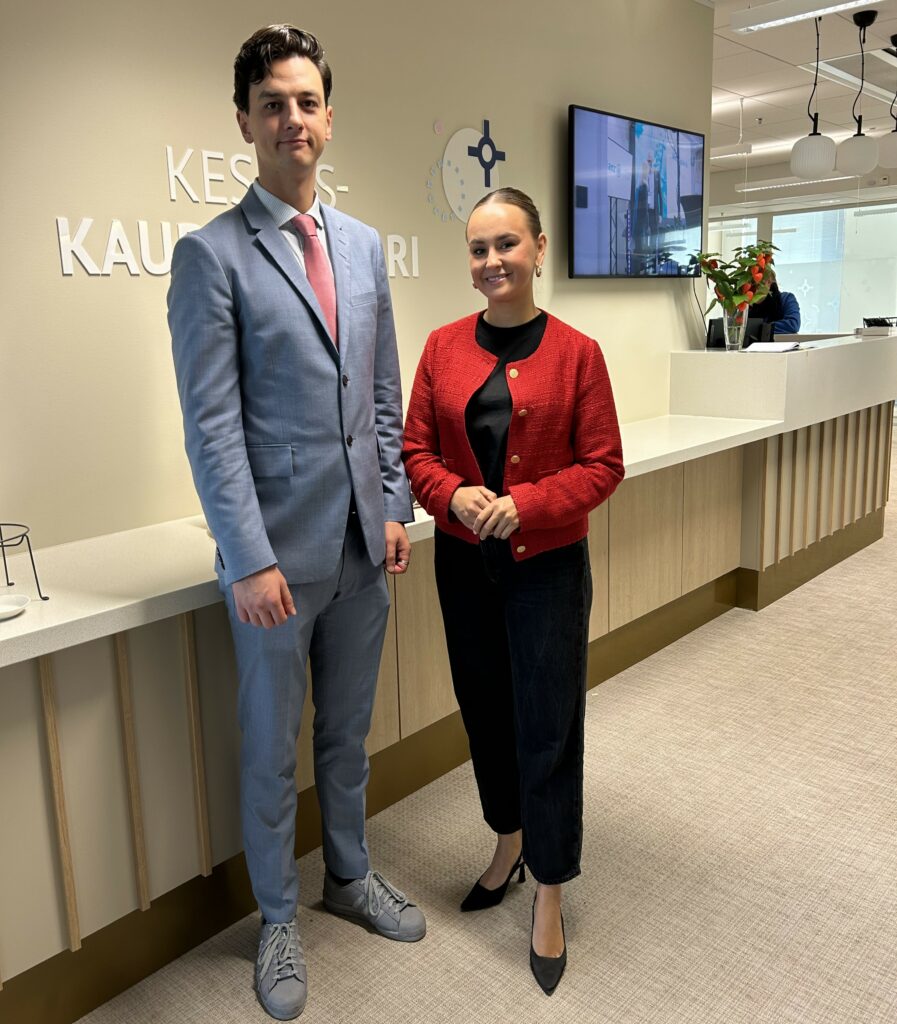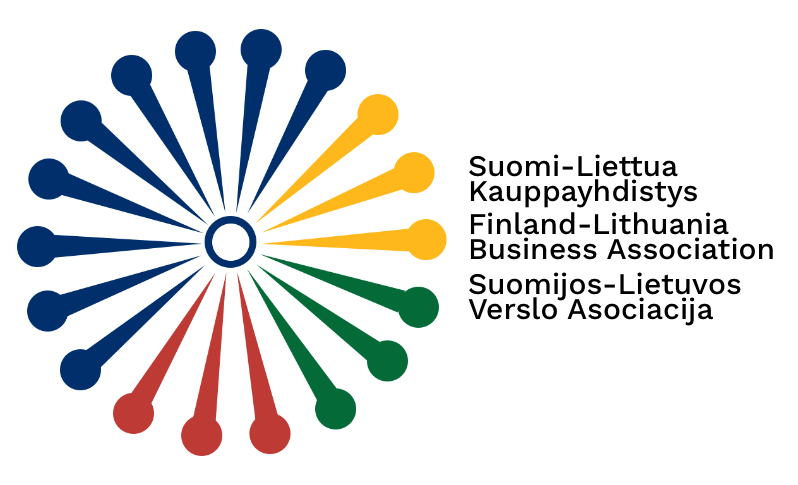Lithuania: A Hub of Investment Opportunities

Mr. Kristupas Stankus, Attaché for Commercial Affairs and Ms. Akvilė Naginionytė Mačiulė, Head of the Manufacturing Sector Team at Invest Lithuania.
Lithuania presents a wealth of business opportunities across various sectors, including advanced manufacturing, biotechnology, business services, cybersecurity, defense, data centers, e-mobility, fintech, game development, technology, and Medtech.
The country has garnered international acclaim for its business-friendly environment. Its green corridor policy facilitates streamlined regulatory procedures for large-scale investment projects. The tax system is straightforward and offers multiple incentives for significant investors and those engaged in R&D, as noted by Mr. Kristupas Stankus, Attaché for Commercial Affairs.
Lithuania boasts excellent connectivity to Poland, Germany, Latvia, Ukraine, and Northern Europe. The Via Baltica highway connects Finland through the Baltic states to Poland and further into Central Europe. Additionally, Rail Baltica enhances passenger and freight services, improving rail links between Central and Northern Europe, including the southeastern Baltic Sea region.
Klaipėda, Lithuania’s largest ice-free seaport, can handle up to 70 million tons of cargo annually. Three international airports provide access to major European destinations within 2-3 hours; for instance, a flight from Palanga to Helsinki takes just 2 hours. Each region in Lithuania possesses unique strengths and requirements, which can be explored further at Invest Lithuania. Regions of Lithuania can be found here.
There are seven Free Economic Zones in Lithuania that offer exceptional conditions for business development. These zones provide industrial sites equipped with physical and legal infrastructure, support services, and tax incentives. Businesses located in these zones benefit from a 0% corporate profit tax for the first ten years and a reduced rate of 7.5% for the subsequent six years. Moreover, there is currently no real estate or dividend tax for companies in these zones, and large-scale projects can commence without prior permission in the defence sector. The government provides flexible support to companies. Information on Free Economic Zones can be found here.
Lithuania’s workforce is educated and motivated, with 58% of the 25-34 age group holding higher education degrees. The country has the highest percentage of women scientists and engineers in the EU (52%) and ranks first globally in digital skills availability. Lithuania is a regional leader in bandwidth and fiber-optic infrastructure, with a National Digital Decade Roadmap to guide its digital transformation efforts through significant investments by 2030. The national qualifications system ensures robust design and management processes for education and skill recognition.
Lithuania’s National Climate Change Management Agenda aims for net-zero emissions by 2050, necessitating comprehensive policy reform. The country already employs a wide-ranging policy mix across key economic sectors, offering extensive economic incentives for decarbonization and strict regulations alongside educational initiatives.
With efficient governance, deep engineering expertise, and a commitment to green transformation, Lithuania stands out as an ideal location for manufacturing, a sector that contributes approximately 23% to the national GDP, as highlighted by Ms. Akvilė Naginionytė Mačiulė, Head of the Manufacturing Sector Team at Invest Lithuania.
This article is based on discussions with Ms. Akvilė Naginionytė Mačiulė and Mr. Kristupas Stankus, as well as information from the Invest in Lithuania website.
Anne Hatanpää
Secretary General for the Finland-Lithuania Business Association
22nd October 2024


